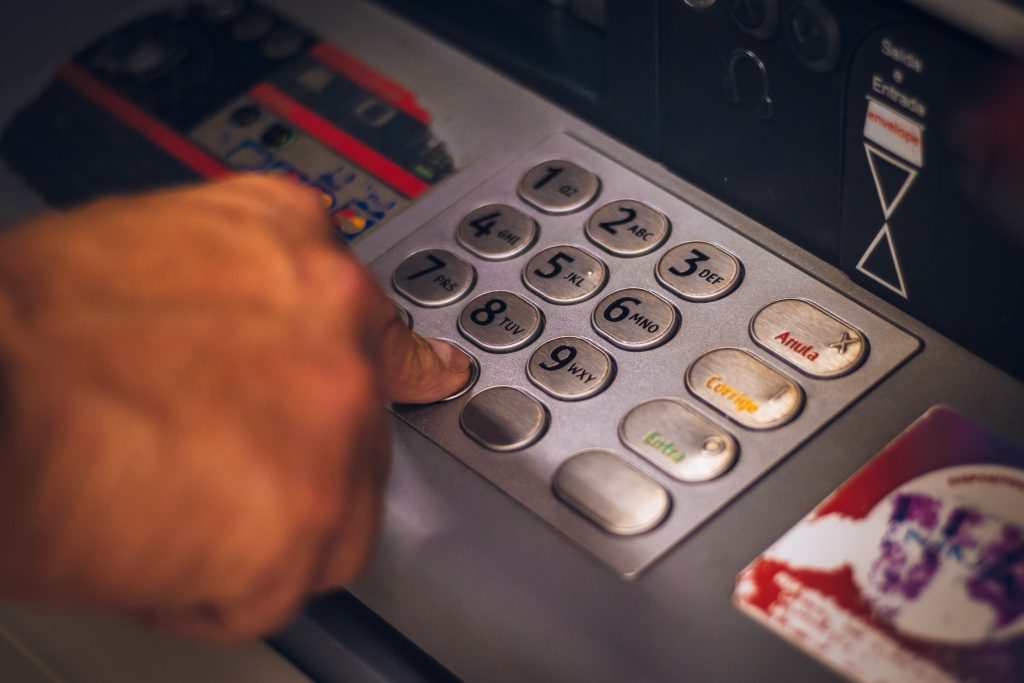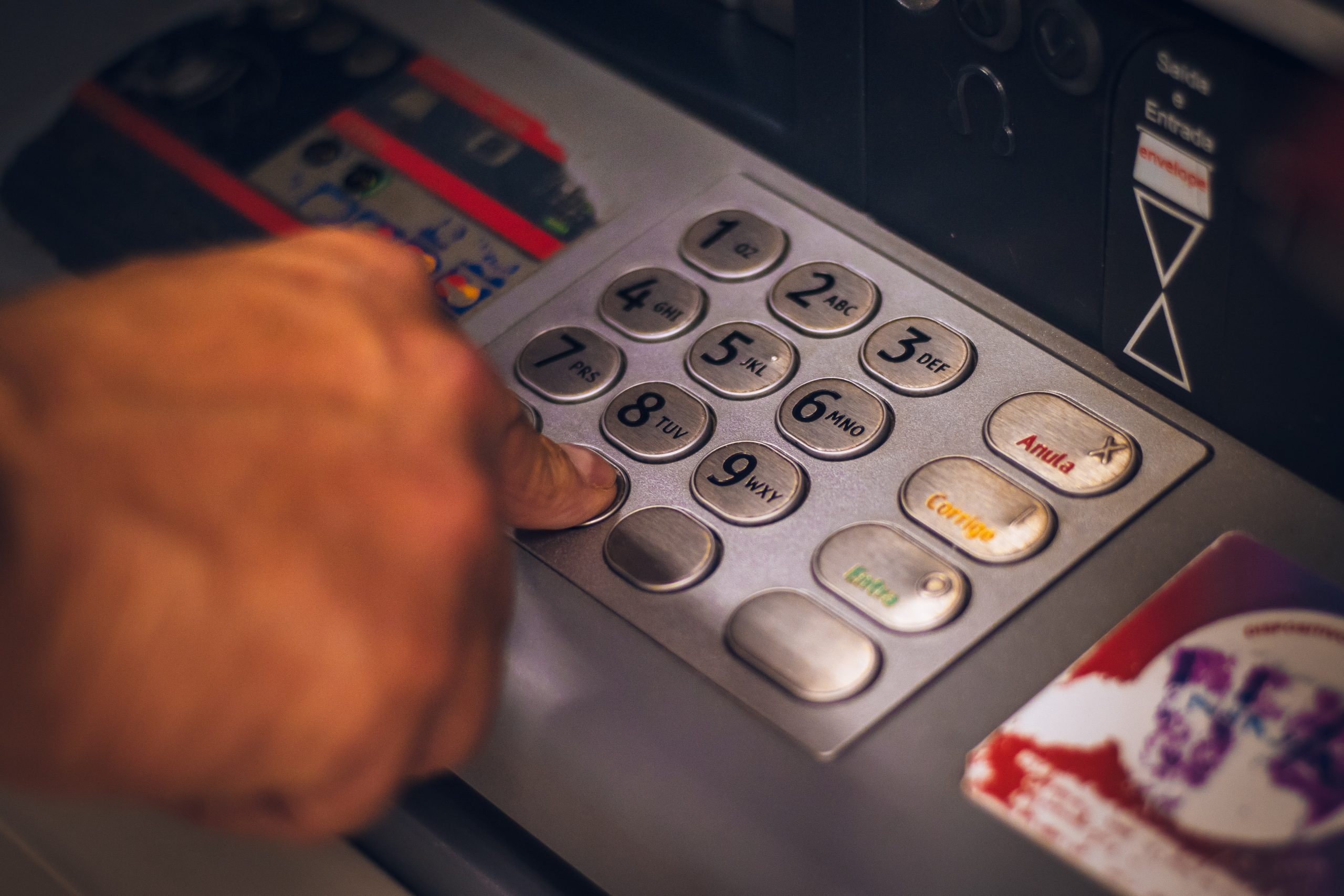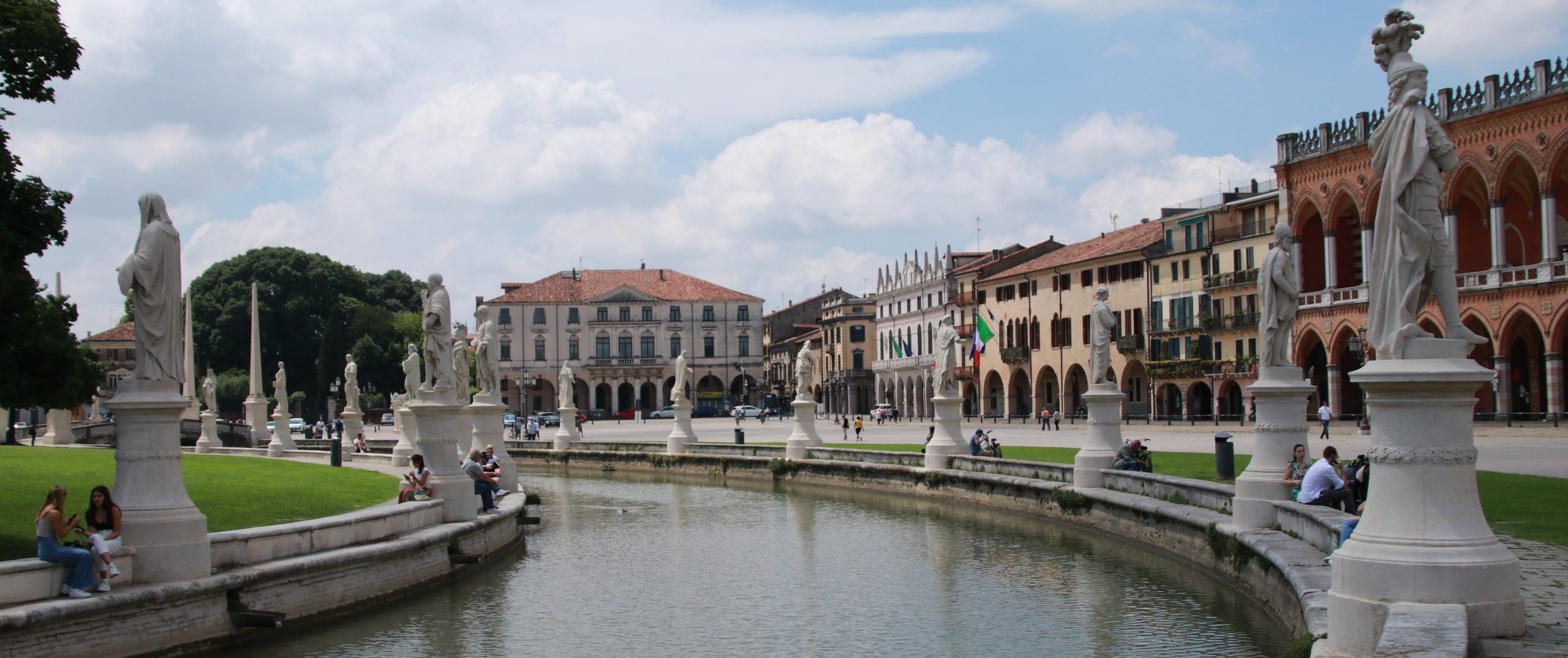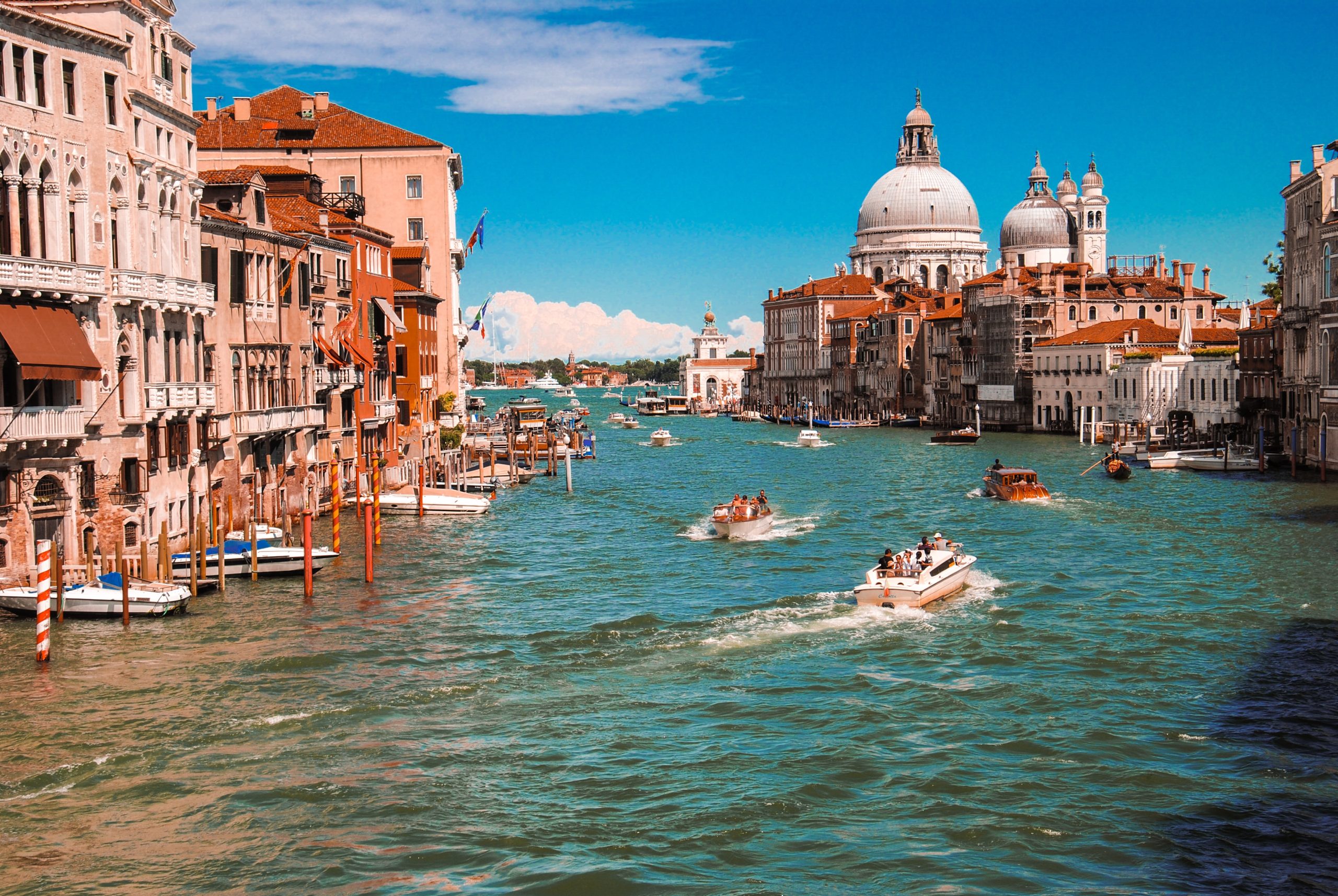Setting up a bank account can be quite challenging as a newcomer of Italy, as well as accessing bank services proves more difficult if you are an expat because you lack credit and banking history in the Country as you are likely to be new to this system.

Table of Contents
ToggleHow to set up a bank account in Italy
Setting up a bank account in Italy can be challenging as a newcomer, and you need a bank account to run your day to day expenses.
Italy banks belong to SEPA and SWIFT circuits, and they issue bank accounts with IBAN.
In order to set up a bank account you need to have a valid ID, your codice fiscale, and a registered address where the bank can send you letters.
You can walk into a branch of a bank, or you can open your bank account using smart banks; in any case you need to provide the above mentioned documents.
American citizens are also required to fill the FATCA/FBAR forms, and the procedure to release the bank account access is lengthier due to further background check required by the US laws.
Can non-residents have a bank account in Italy?
The answer is positive. Non residents of Italy can set up an Italian bank account, and this is common among house owners of Italy who use a local bank account to pay for running expenses using a local bank, instead of wiring the money internationally.
Unlike the resident accounts, non-resident ones require you not to be a resident of Italy. These types of bank accounts are normally limited to certain type of payments, and have larger restrictions compared to the resident ones, however they provide a good backup for running small expenses and wire funds internationally.
F24 – Tax payment Facility
Paying taxes in Italy proves to be a complicated task. There are multiple ways to pay tax bills, but the most important one is the F24 form; almost every Italian bank provides such a facility which connects to the tax office channels to authorize direct debits to pay for taxes (local, and national ones as well).
If you are operating as a freelancer, or you set up your own business, it is crucially important to use a bank that provides such an option. You are not able to pay for your taxes in cash at the bank or at the post office, if the amount exceeds € 1,000.
Obtain a credit card in Italy
Credit cards in Italy are not as popular as they are overseas. Not every merchant accepts cashless forms of payment, and Italians often rely on hard cash; nonetheless, you might need a credit card.
Credit card access conditions vary depending on the financial institution providing it, however there are general conditions that apply to each applicant.
Firstly, you need to be 18 years of age, Italian or EU citizen. Non-EU citizens need to prove EU residency for at least three years prior to applying to the credit card.
If you aim to obtain a revolving card, you need also to demonstrate to have sufficient gross income (at least € 12,000 per year).
Building your credit score is very important, especially if you intend to apply to loans or mortgages, and credit cards are a great way to start, though you must be careful on the way you use your credit card.
Any missing payment is reported to the Centrale Rischi, jeopardizing your ability to obtain credit in the future. Failed payments are then erased from the database after 24 months.






